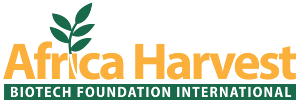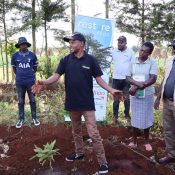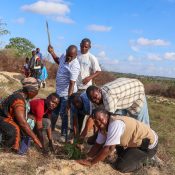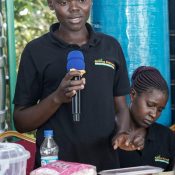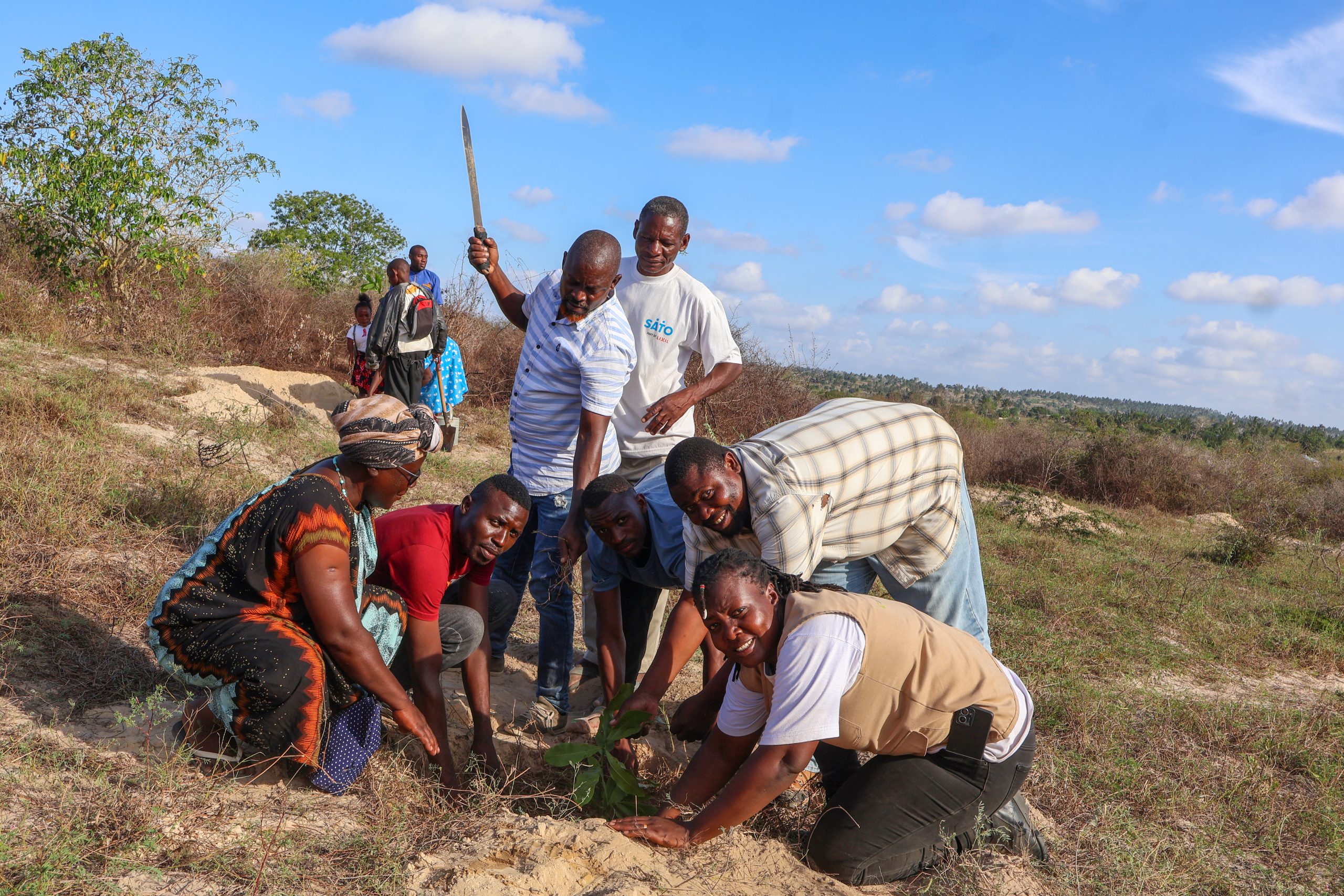
Cashew Nuts Demonstration Establishment in Kilifi County
By Rose Kawira – Multimedia Officer, Africa Harvest
Kilifi County is one of the five counties where the Restore Africa Program is being implemented. Located along Kenya’s northern coastline, farming is a big part of the livelihood for the residents. Africa Harvest conducted a value chain analysis in Kilifi and selected cashew nuts, Indigenous chicken, cassava, and green grams as the value chains that will be supported by the program.
In November 2024, Africa Harvest in partnership with World Vision Kenya, established a cashew nuts demonstration plot to serve as a learning center for farmers in Kilifi. During the establishment, the farmers were trained in Good Agricultural Practices (GAPs) and had the opportunity to apply these lessons directly in the field.
Speaking during an interview, Mr. Isaac Magwenje, whose farm was selected for the demonstration plot, explained that for many years, they only grew cashew nuts for consumption and did not think of it as a source of income. “We would only harvest a few cashew nuts, less than 1 kg, cook and eat them. But after the training and with the cashew nuts that have been planted on my farm today, I will be able to get some money. This is more than a pension plan for me,” said Mr. Magwenje, who was ecstatic about the training he received from the project that would not only improve his production, but his income as well.
To promote meaningful partnerships, Africa Harvest worked together with the County Agriculture Office to provide training for farmers. Thomas Ngune, the Agriculture Officer for Kilifi County, conducted training sessions on various topics, including integrated pest management, land preparation, the use of manure and compost, and field and equipment sanitation.
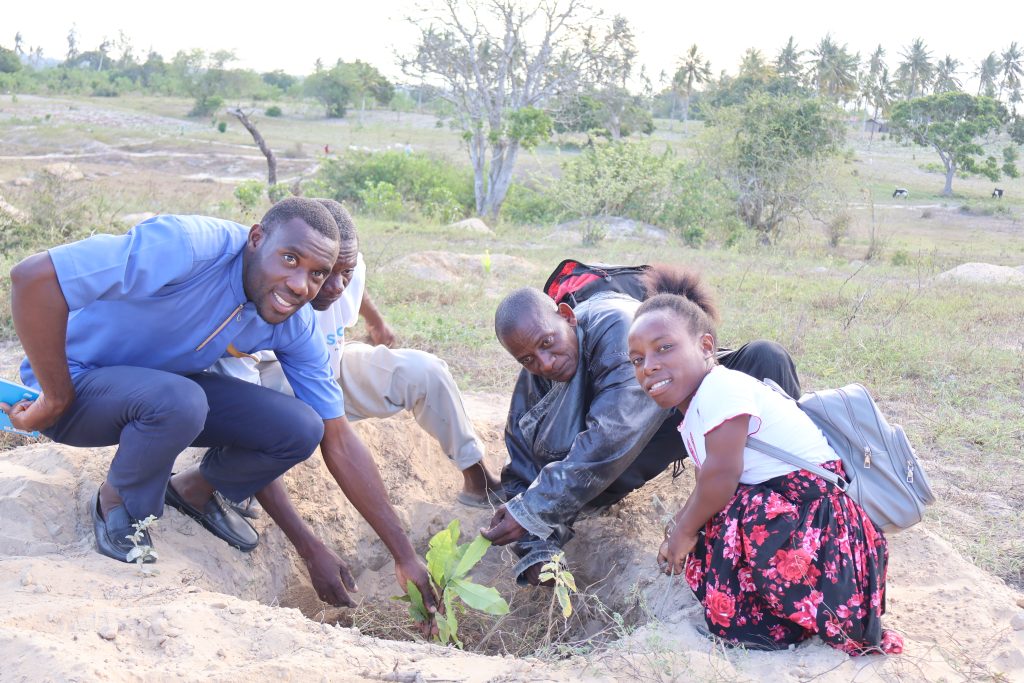
“We are so happy about this demo plot since we have been eagerly waiting for it. This is a big step in our project!” Shangazi Masika, the County Implementing Officer (CIO) at Africa Harvest said. Shangazi, born and raised in Kilifi, has been working very closely with farmers at the grassroots level, ensuring the smooth implementation of the program.
The establishment of the demonstration plot attracted over 50 lead farmers, who will cascade the knowledge to other farmers in their communities. More than 50 seedlings of cashew nuts were planted on Mr. Magwenje’s farm, and they will be monitored closely to ensure optimal growth and development.
“If Restore Africa continues like this, we will restore our rivers and our indigenous trees that we had lost. Although I am a bit old now, those behind me will enjoy cleaner air, and the world will be a better place,” said Mr. Magwenje.
Restore Africa is the world’s largest community-led, nature-based carbon removal program. The program currently spans six African countries – Ethiopia, Kenya, Malawi, Tanzania, Uganda, and Zambia – restoring almost two million hectares while supporting 1.5 million smallholder farmers and their communities. In Kenya, the program runs in five counties namely Elgeyo Marakwet, Narok, Migori, Kwale, and Kilifi.
The Restore Africa Program’s main goal is a sustained improvement in ecosystem restoration, livelihoods, and resilience to climate change for 250,000 small-scale farmers and pastoralists covering 250,000 hectares in Kenya by 2052. To achieve this, the program aims to improve livelihoods, income, and climate resilience for these households and communities and reduce carbon footprint, by restoring productive assets and creating market incentives for sustainable productivity.
